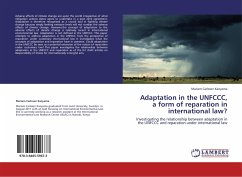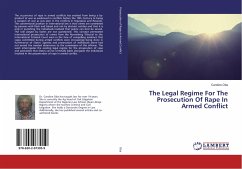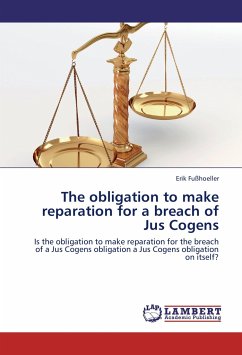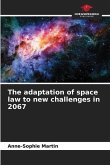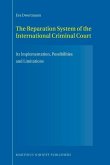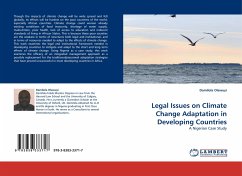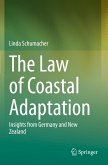Adverse effects of climate change are upon the world irrespective of what mitigation actions states agree to undertake in a post 2012 agreement. Adaptation is therefore recognized as a crucial tool in fighting climate change because simply limiting emission levels will not combat the adverse affects of climate change. However,the concept of adaptation to the adverse effects of climate change is relatively recent in international environmental law. Adaptation is not defined in the UNFCCC. This paper attempts to address adaptation in the UNFCCC from the perspective of reparation under customary international law. It investigates what the concepts of adaptation and reparation have in common. Could adaptation in the UNFCCC be seen as a potential extension of the notion of reparation under customary law? This paper investigates the relationship between adaptation in the UNFCCC and reparation as of the ILC draft articles on Responsibility of States for internationally wrongful acts.

